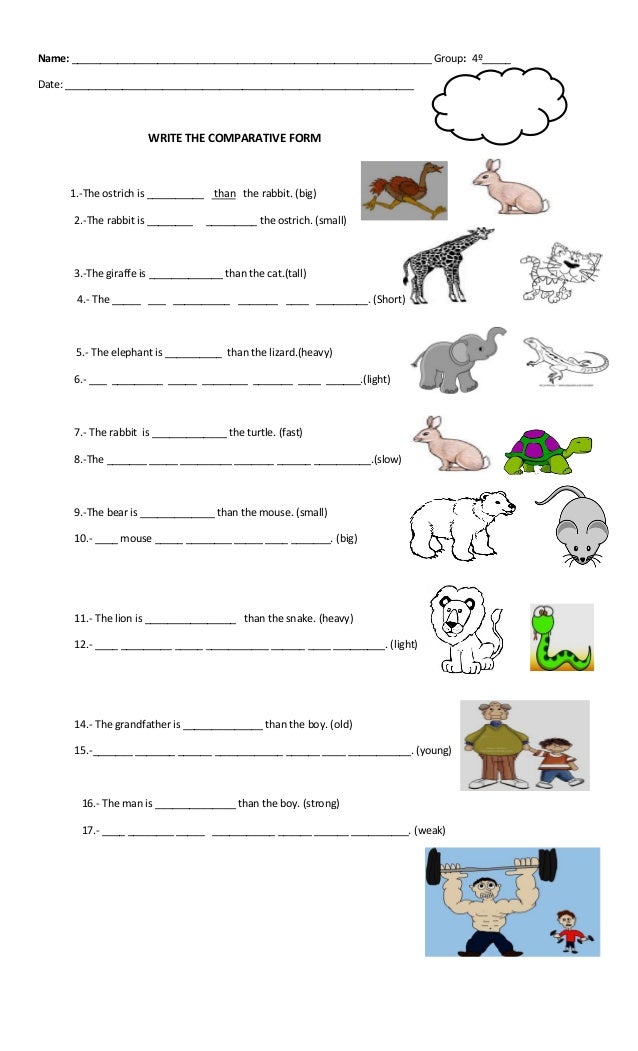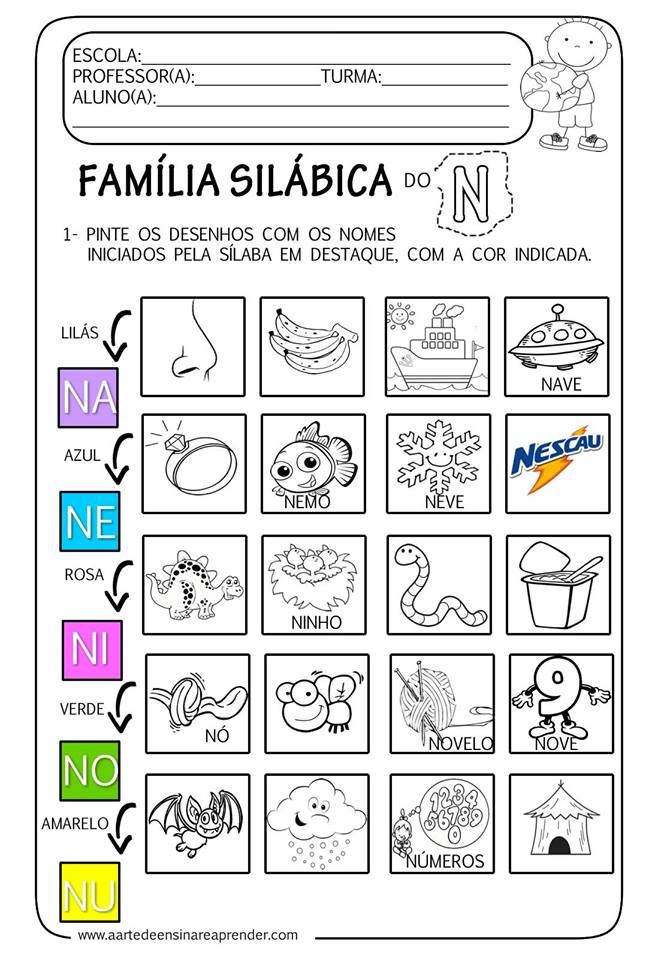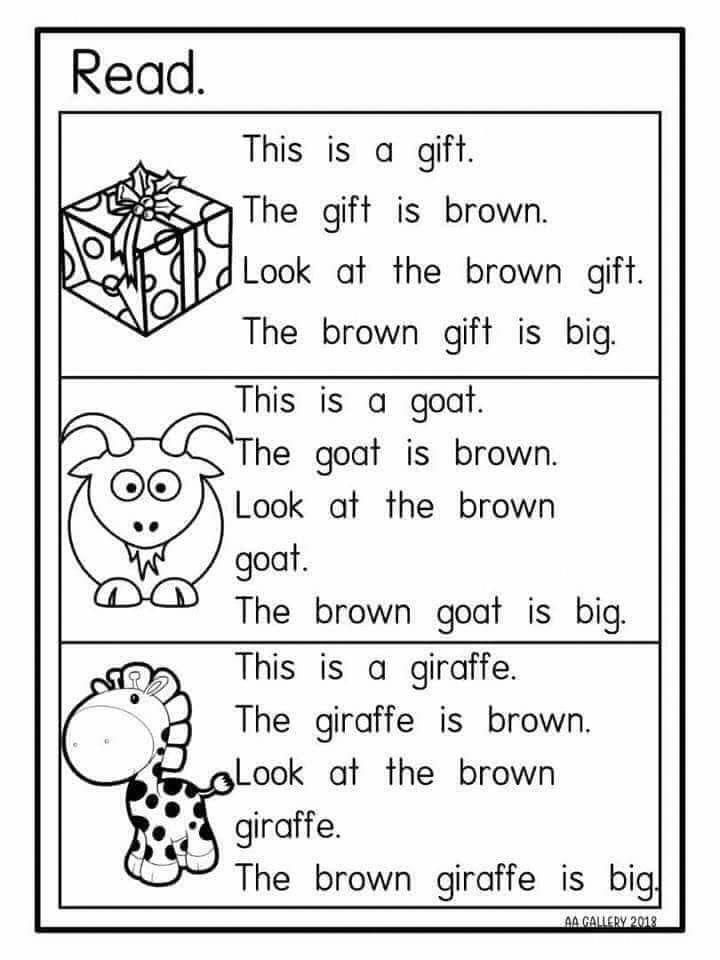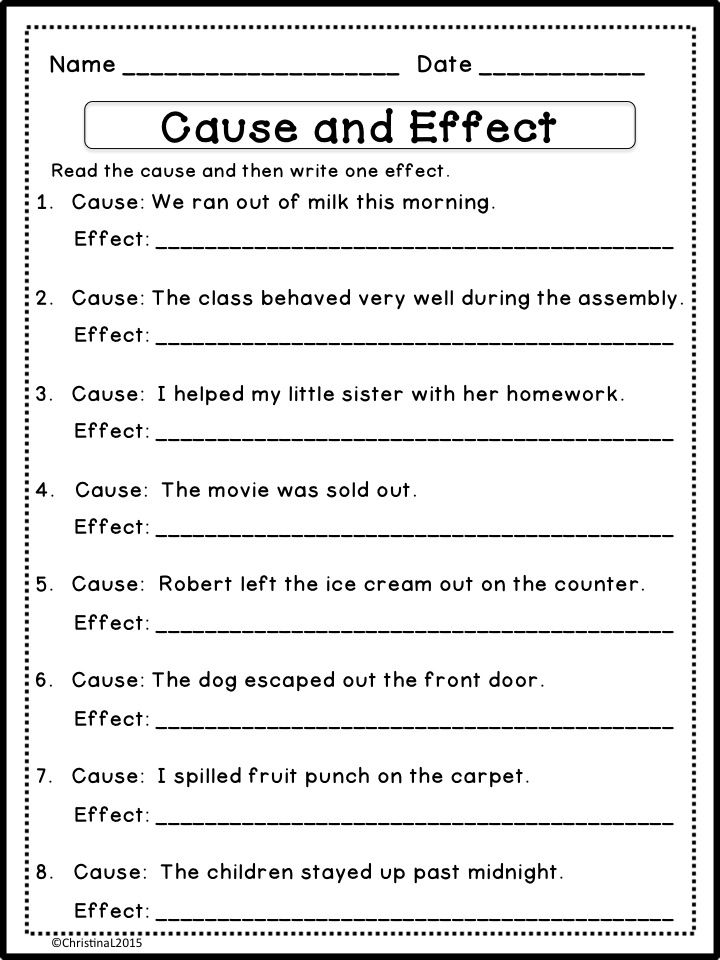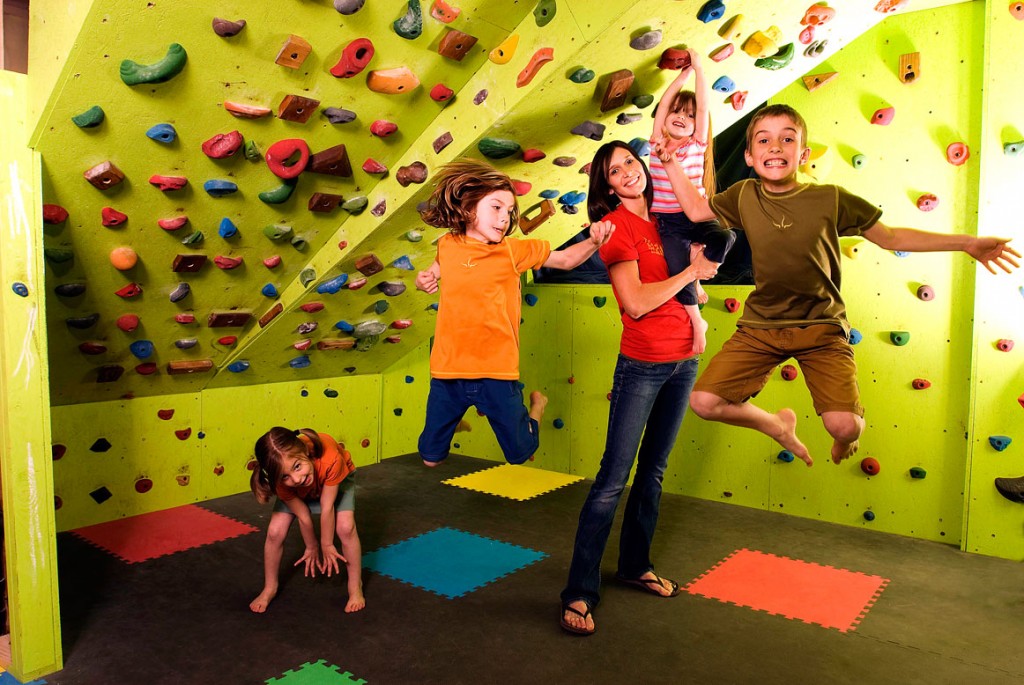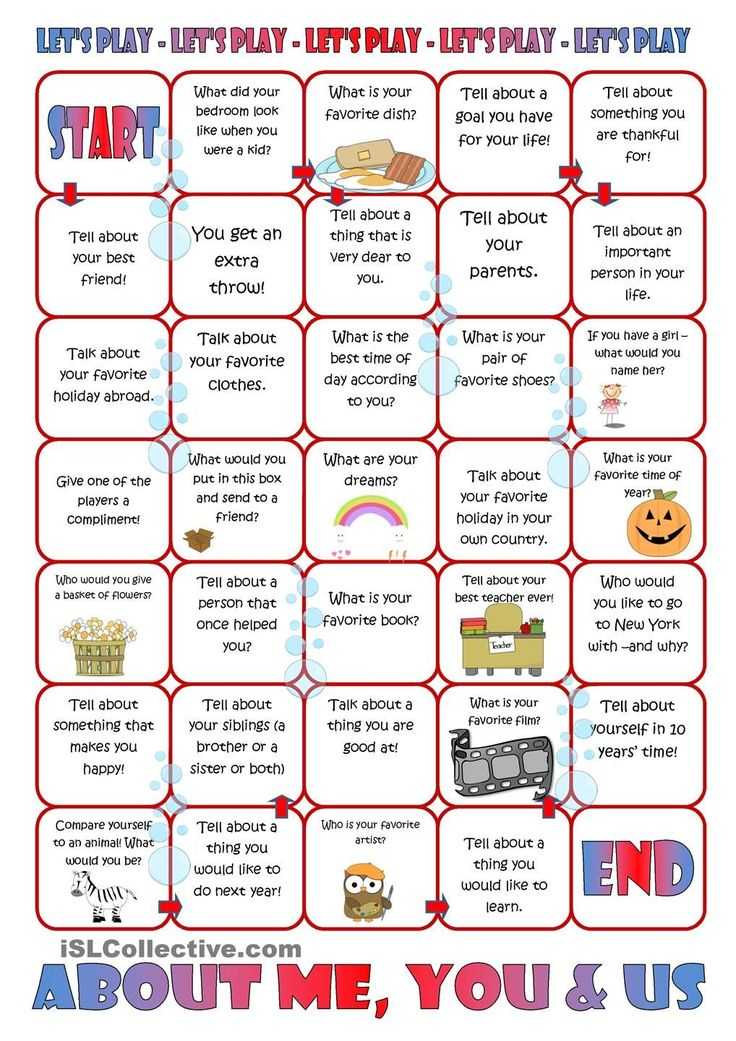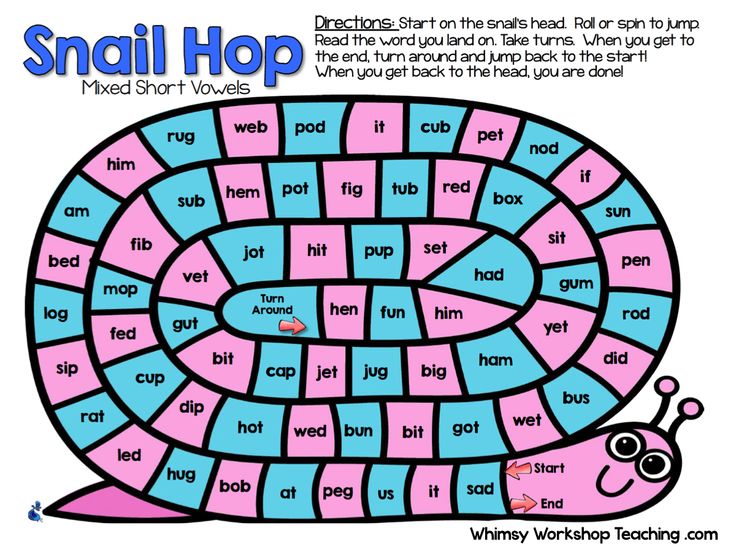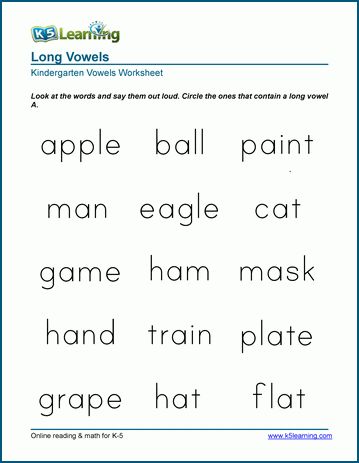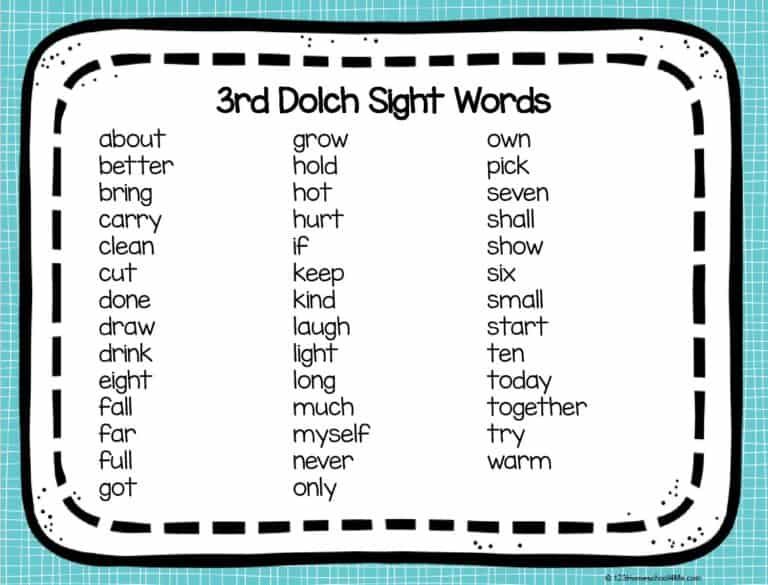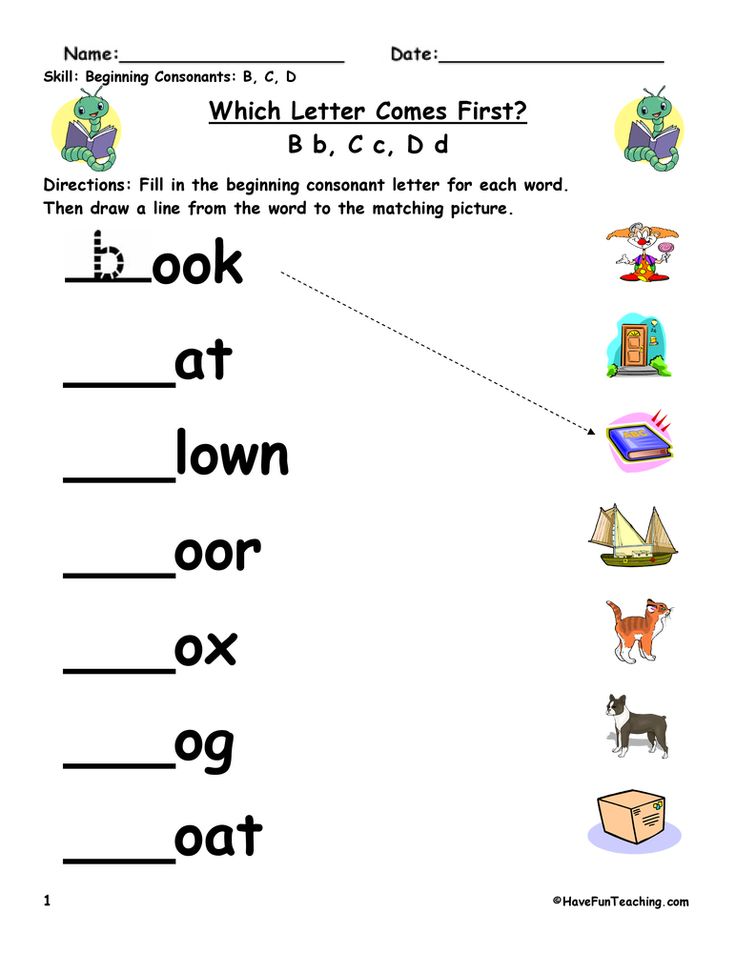3 year old sight words list
Dolch Word List
[Home] [Back] [Dolch Preschool] [Dolch Kindergarten] [Dolch Grade One] [Dolch Grade Two] [Dolch Grade Three]
© Contributed by Leanne Guenther
From 50-75% of all words used in school books, library books, newspapers, and magazines are in the Dolch Basic Sight Vocabulary of 220 words (preschool thru Grade 3). The Dolch word list is made up of "service words" (pronouns, adjectives, adverbs, prepositions, conjunctions, and verbs) which cannot be learned through the use of pictures.
In this section I've included a series of flashcards that can be printed and used to reinforce learning, the complete list of preschool words (see table) and some activity ideas for using the flashcards.
Set 1
Set 2
Set 3
Set 3 in color
Nouns 1
Nouns 2
Nouns 1 in color
Nouns 2 in color
Bingo Cards
Complete Preschool List
a |
and |
away |
big |
blue |
can |
come |
down |
find |
for |
funny |
go |
help |
here |
I |
in |
is |
it |
jump |
little |
look |
make |
me |
my |
not |
one |
play |
red |
run |
said |
see |
the |
three |
to |
two |
up |
we |
where |
yellow |
you |
Ideas for Using the Flashcards:
The flashcards can simply be held up, giving the child the opportunity to
read each one.
But if you're looking for a more engaging activity, try
combining the Dolch flashcards with the noun picture flashcards for a variety of
activities (I've listed some suggestions here from simplest to hardest)
- ACTIVITY ONE:
- have an adult arrange the flashcards to form a sentence.
- Read the sentence with/to the child
- Remove one of the dolch words from the sentence and put it back in the pile (you may want to make the pile smaller in the beginning to make the activity easier).
- Give the pile to the child and have them find the correct card to place back in the sentence.
- Re-read the sentence.
- ACTIVITY TWO:
- have an adult arrange the flashcards to form a sentence, leaving one card out.
- read the incomplete sentence with/to the child.
- present between 2 and 5 cards to the child (one of them should make the sentence complete)
- have the child chose which is the correct card
- re-read the sentence with the card chosen.
 Talk about whether it
makes sense or not.
Talk about whether it
makes sense or not.
- ACTIVITY THREE:
- provide the child with all or part of the pile of flashcards
- allow them to create their own sentences using the cards
- read the sentences with them and talk about what they've created.
- OPTIONAL: Have them glue their completed sentence to the bottom of a piece of construction paper and draw a picture of their sentence on the top. (author/illustrator of their own story).
Dolch Sight Words List | Sight Words: Teach Your Child to Read
All the Dolch sight word lists, divided by grade, also available as printable PDFs.
More
Five techniques for teaching Dolch sight words. Learn proven ways to introduce words, reinforce learning, and correct mistakes.
More
Print a set of Dolch sight word flash cards, or use our generator to create your own custom cards.
More
Print cards and game boards for 18 Dolch sight word games. A fun way to reinforce sight words lessons!
More
The Dolch Sight Words list is the most commonly used set of sight words. Educator Dr. Edward William Dolch developed the list in the 1930s-40s by studying the most frequently occurring words in children’s books of that era. The list contains 220 “service words” plus 95 high-frequency nouns. These words comprise 80% of the words you would find in a typical children’s book and 50% of the words found in writing for adults. Once a child knows this list of words, it makes reading much easier, because the child can then focus his or her attention on the remaining words.
The Dolch words are commonly divided into groups by grade level, ranging from pre-kindergarten to third grade, with a separate list of nouns. There are a total of 315 Dolch Sight Words.
- Pre-K Dolch Sight Words
(40 words)a, and, away, big, blue, can, come, down, find, for, funny, go, help, here, I, in, is, it, jump, little, look, make, me, my, not, one, play, red, run, said, see, the, three, to, two, up, we, where, yellow, you
- Kindergarten Dolch Sight Words
(52 words)all, am, are, at, ate, be, black, brown, but, came, did, do, eat, four, get, good, have, he, into, like, must, new, no, now, on, our, out, please, pretty, ran, ride, saw, say, she, so, soon, that, there, they, this, too, under, want, was, well, went, what, white, who, will, with, yes
- First Grade Dolch Sight Words
(41 words)after, again, an, any, as, ask, by, could, every, fly, from, give, going, had, has, her, him, his, how, just, know, let, live, may, of, old, once, open, over, put, round, some, stop, take, thank, them, then, think, walk, were, when
- Second Grade Dolch Sight Words
(46 words)always, around, because, been, before, best, both, buy, call, cold, does, don’t, fast, first, five, found, gave, goes, green, its, made, many, off, or, pull, read, right, sing, sit, sleep, tell, their, these, those, upon, us, use, very, wash, which, why, wish, work, would, write, your
- Third Grade Dolch Sight Words
(41 words)about, better, bring, carry, clean, cut, done, draw, drink, eight, fall, far, full, got, grow, hold, hot, hurt, if, keep, kind, laugh, light, long, much, myself, never, only, own, pick, seven, shall, show, six, small, start, ten, today, together, try, warm
- Noun Dolch Sight Words
(95 words)apple, baby, back, ball, bear, bed, bell, bird, birthday, boat, box, boy, bread, brother, cake, car, cat, chair, chicken, children, Christmas, coat, corn, cow, day, dog, doll, door, duck, egg, eye, farm, farmer, father, feet, fire, fish, floor, flower, game, garden, girl, goodbye, grass, ground, hand, head, hill, home, horse, house, kitty, leg, letter, man, men, milk, money, morning, mother, name, nest, night, paper, party, picture, pig, rabbit, rain, ring, robin, Santa Claus, school, seed, sheep, shoe, sister, snow, song, squirrel, stick, street, sun, table, thing, time, top, toy, tree, watch, water, way, wind, window, wood
- All Dolch Sight Words by group
- All Dolch Sight Words in alphabetical order
Leave a Reply
Types of rewards and their importance in the development of the child
“What a pain it is to educate [these children]!” Freken Bock suffered in the cartoon "The Kid and Carlson".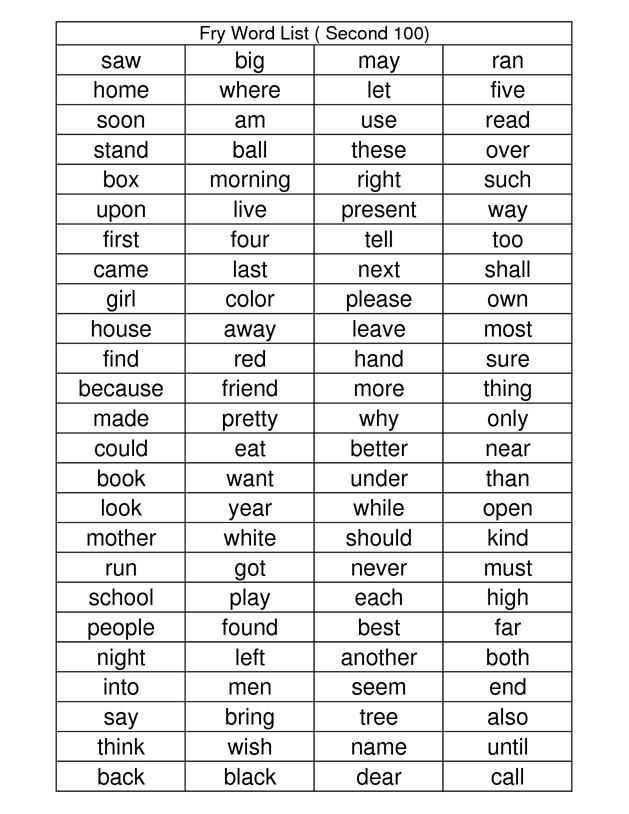 And scolding is constantly wrong, and it's scary to overpraise! Expert "Oh!" and child psychologist Anna Skavitina will tell you what types of rewards can be, as well as how and why to praise a child.
And scolding is constantly wrong, and it's scary to overpraise! Expert "Oh!" and child psychologist Anna Skavitina will tell you what types of rewards can be, as well as how and why to praise a child.
Anna Skavitina, psychologist, analyst, member of the IAAP (International Association of Analytical Psychology), supervisor of the ROAP and the Jung Institute (Zurich), expert of the Psychology journal
Imagine that your boss offers you a few extra vacation days or a bonus if you complete an urgent project quickly and efficiently. Will you work more efficiently from this? Most likely. And if the boss says that he will fire you if the project is not ready on time? Most likely, you will also try to work efficiently, but you will be driven by fear, not the expectation of pleasure, which is why your efficiency will be lower than in the first case. If the fear is too strong, then the brain may be paralyzed by the expectation of punishment and will begin to think not about how to do the project, but about how to avoid the consequences.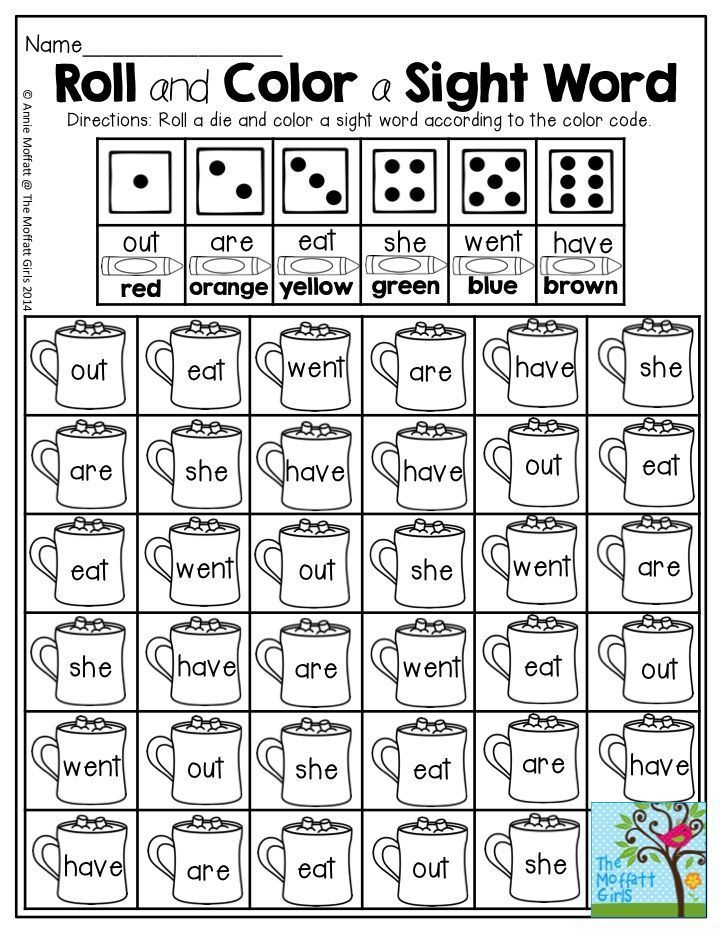 The result will be unpredictable, and this is taking into account the fact that we are adults and seem to be able to control ourselves.
The result will be unpredictable, and this is taking into account the fact that we are adults and seem to be able to control ourselves.
For children under 10 years of age, negative regulation does not work in the way that many parents and teachers assume. “If you don’t do it, I won’t give it, I won’t let it in, I’ll take it, I’ll put a deuce” - all this causes stress and anxiety in the child, as a result, the brain turns off the “fuse” so as not to overheat, and cares about survival, and not about what would it be interesting to learn.
You must have heard that the red pen method, or permanent fix, does not work, but the green pen method of supporting the right actions works?
What to do? Offer permanent bonuses, praise and always support in everything? Yes and no. Alas, not everything is so simple. Parents who constantly tell their children that they are amazing, gorgeous, unique, the most beautiful in the world, the smartest and most dexterous, believe that they support the child's self-esteem and give him a ticket to a happy life. In this way, they demonstrate unconditional love for the child and for any manifestation of it.
In this way, they demonstrate unconditional love for the child and for any manifestation of it.
Constant, excessive praise for every action can lead to the fact that the child will perceive it as a background, and if one day the approving text does not sound, he will begin to listen anxiously and look around: “Where is my reinforcement? Did I do the right thing? Mom, do you even love me?"
Children who are constantly praised often feel valued and at the same time devalued. How it is? “If all my results are noticed, then I am constantly evaluated, I am under constant control. If I am always praised, then it doesn’t matter what I do.” By the way, exactly the same thing happens if the child is almost constantly scolded and made comments.
“If I am the best, most beautiful and unique, then what about the rest? They are worse than me, and therefore they are worthy to communicate with me only in the positions of vassals. And if these children claim leadership positions, or at least equality, it is dangerous, because they will want to throw me off the symbolic throne and tear off the crown, so I will not be friends with them.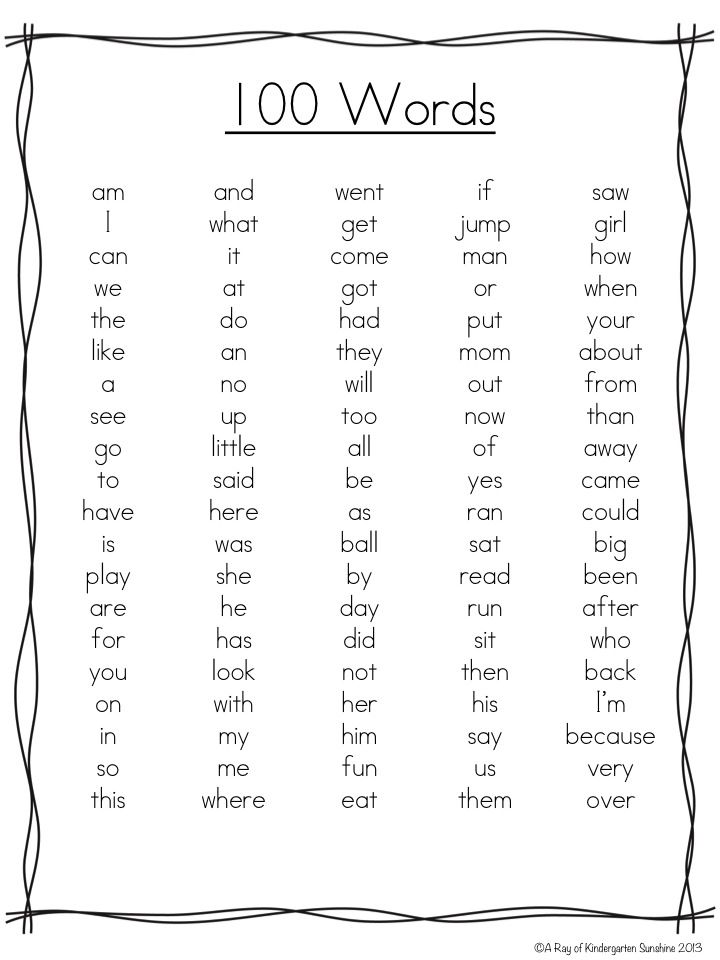 And as a result, difficulties in relationships with peers.
And as a result, difficulties in relationships with peers.
“If I am the best and smartest, then I don’t need to strive anywhere and learn anything: I got brains from nature! And if suddenly someone becomes socially more successful than me?..” This can cause envy, but will not give an understanding of what needs to be done to achieve what you want.
Of course, the intentions of parents who praise their children are the most positive! They probably even remember how they themselves painfully experienced situations in childhood when they were scolded and not supported, and they are ready to compensate for this through their child. Moreover, if there are many mothers, fathers and grandmothers in the environment, constantly praising their children, one can feel social pressure: “Why am I and my child worse than others? Why don't I praise him all the time?"
Let's discuss ways to encourage children that will definitely help them trust themselves and the world more and will promote independence, initiative and social success of children.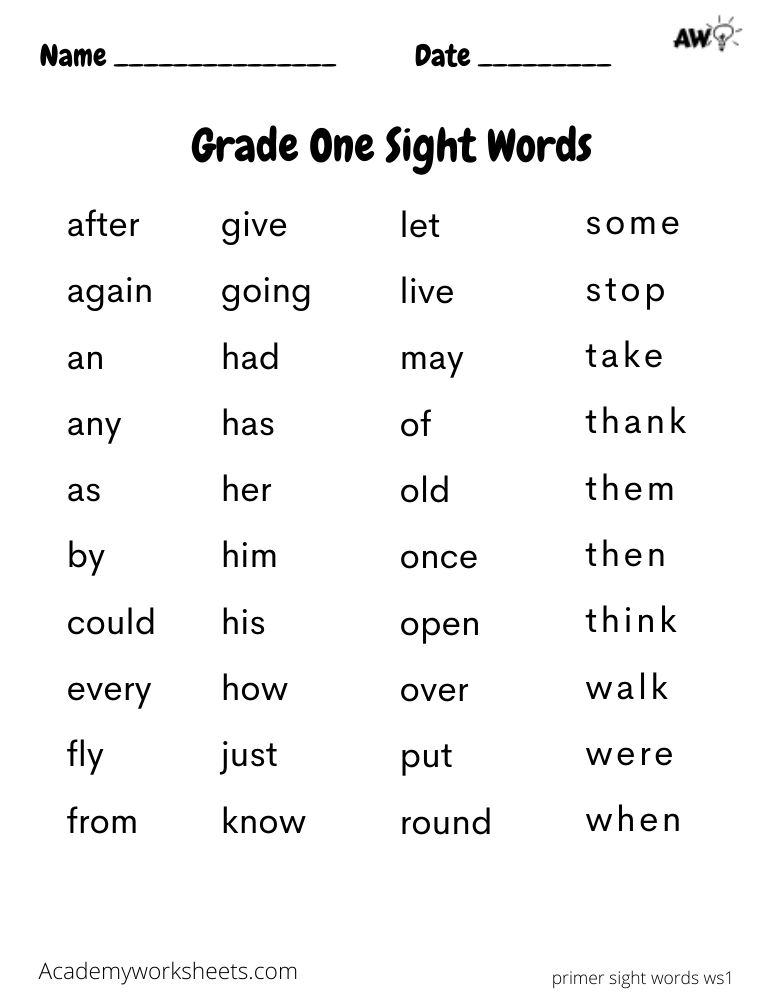
What types of incentives can there be?
- Supportive words.
- A smile and an attentive look when you approve of the child's actions.
- Hugs and kisses if your child doesn't mind.
- The time you spend the way your child wants.
Try to create a wishlist: a list of wishes, different things, events that he wanted to do someday himself or participate with his family, arrange it in the form of cards, attach it, for example, to a refrigerator, and choose “prizes”. When parents have the opportunity and desire to encourage their child, they can choose from this list. - A surprise showing that you noticed the child's efforts and now want to show it to him. It is important that the surprise is in accordance with his desires, and not what seems useful to parents. For some, it will be a trip to a video club with new games, for others it will be a trip to friends with an overnight stay.
Any encouragement is a manifestation of your love and creating an atmosphere of trust and development for your child.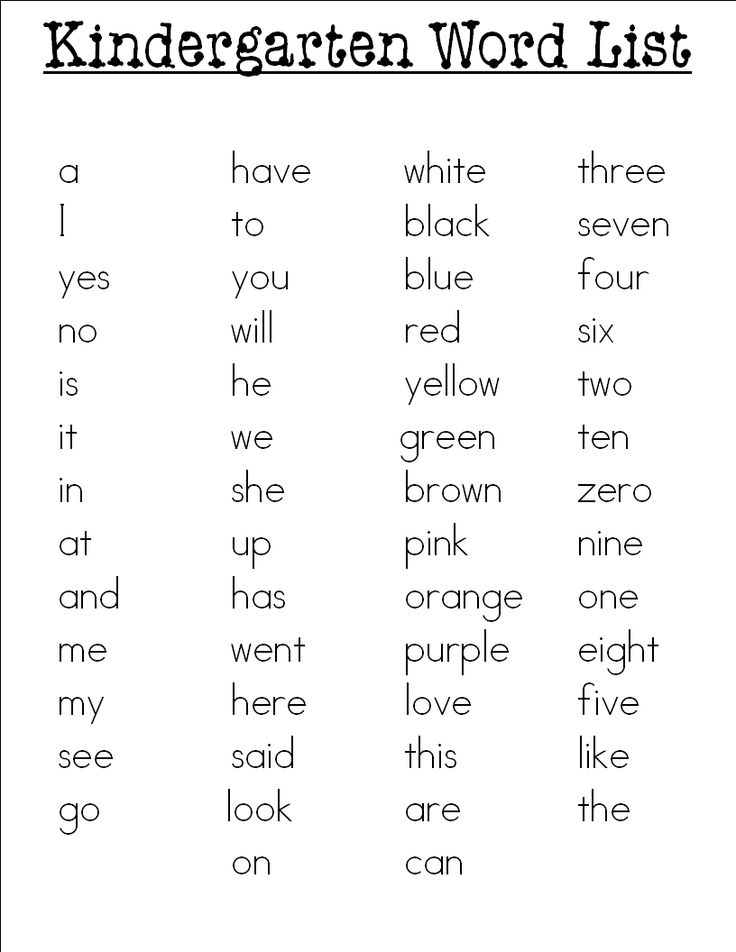
“From the point of view of behavioral neurophysiology, the environment of development and education can be described as follows: support for attachment, understanding of personal meaning (why me), creating a habit and trust <…> and I already wrote about love,” notes Peter Whybrow in the book "The Brain: Fine Tuning".
Not only the amount of praise and encouragement is important, but their quality and the meanings that adults lay down. Girls run the risk of attaching too much importance to their beauty if others praise it: they begin to think that they should be beautiful, and not study and work, and this is the main path to happiness and success.
For boys, such a bias can happen when they are praised for their strength: “If you eat a lot of porridge, you will become strong and defeat everyone!” And they understand that the main thing is to eat porridge, defeat everyone, and not work with your head.
Encouragement and praise are ways to convey family and cultural values to a child that you share.
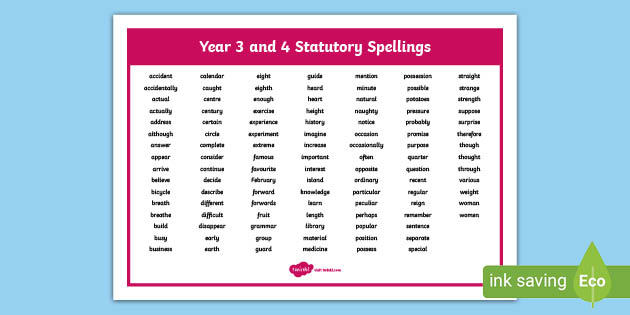
How and why to praise a child?
Notice and recognize the efforts of your children
efforts need to be noticed and supported. For example : "It's so great that you spend a lot of time learning this!"
If the action is given to him without difficulty and effort, you can rejoice with him: “I see that you like it,” but it’s not worth saying that he’s done well: the child may feel like an impostor.
Reward for the process, not only or not so much for the result
For example : "You seriously prepared for this test, solved many problems, more than last time, and the result was worthy."
Name the specific action that led to the desired result
For example , instead of: "You are a good, obedient boy" it is better to say: "You were so busy playing Lego, you played by yourself in your room, and I was able to cook a delicious dinner ".
It is better to motivate with the joy of the result than with money or buying sweets result.
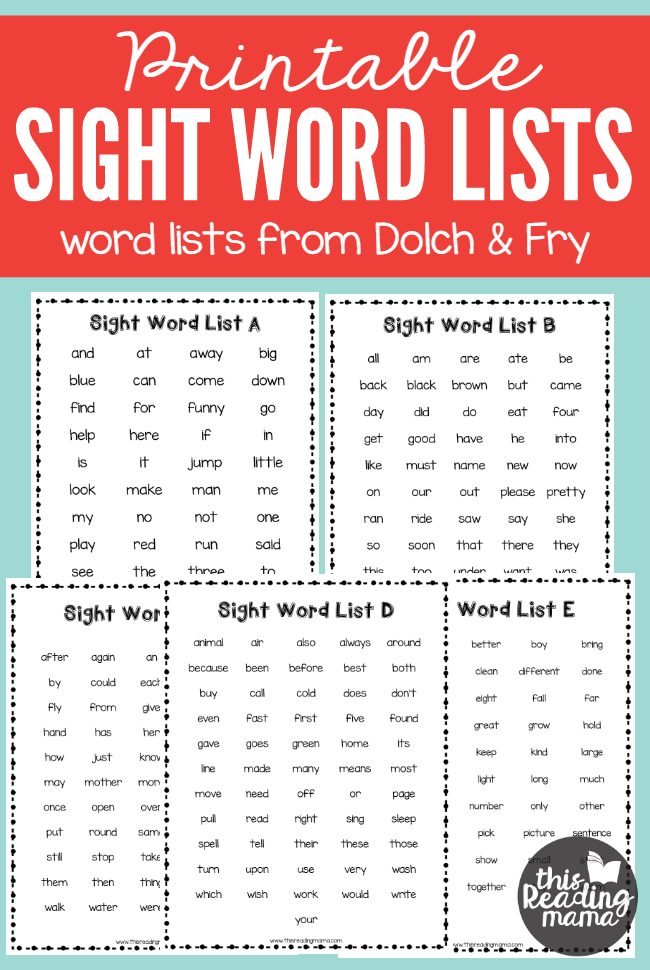
It is a good idea to celebrate a major achievement or the end of a long process of work: performing at a concert, winning a sports team, better scorecards than in the last quarter/trimester in the way the child himself wants, for example, by buying what he wants or having a family dinner. Thus, you celebrate his invested efforts and perseverance.
Encourage trying new things
Experiments are alive! Even if nothing worked out right away, trying something new is not only interesting, but also overcoming oneself and a new experience.
Reward sincerely
Children feel false, and if you regularly praise them with pretense, they stop understanding where they are really good and you need to continue to act in the same spirit, and where “parents always say that, but it doesn’t mean anything” .
Support all independent attempts, even if they are not very successful
They will not try, they will not learn. For example : “You baked cookies, so cool! Yes, it got burnt today, but this is the first attempt.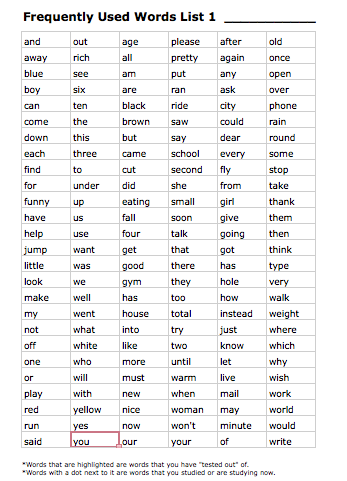 What do you think, what can be done next time so as not to miss him?.. Can we have tea with him?”
What do you think, what can be done next time so as not to miss him?.. Can we have tea with him?”
Encourage children as they work, not just when they're done
For example : “Wow, you're doing this project, you put so much effort into it. You can be proud of yourself, you were so stubborn!”
Focus on the children's feelings
It's important to hear not "I'm proud of you!" but "You can be proud of yourself!" And then you can add about the joy of parents.
Children are not our direct extension, and their successes and failures are not our successes and failures. Children want to be seen in them for their personality, their efforts, and not to emphasize "how much mom has done for you."
Always support your child in self-care
Everything is good in moderation. For example : “You worked so hard, maybe go for a walk, meet friends, ride a scooter?”
Of course, words of support and praise at the right time and in the right place are not the same as love for a child and the joy of having him in your life.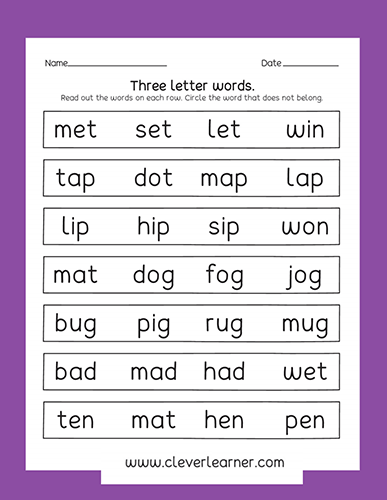 You may have different opinions, you may like completely different things, but you teach him and learn to be together with another person different from you, respect his opinion, his space, love him so dear and a separate person at the same time.
You may have different opinions, you may like completely different things, but you teach him and learn to be together with another person different from you, respect his opinion, his space, love him so dear and a separate person at the same time.
Read also:
How to properly praise your child
How to stop comparing your child with others
Paying your child for good grades is a bad idea, and that's why
Photo: Ermolaev Fizmonkes, Ilike Alexander, fizmonkes, Ilike, fizmonkes /Shutterstock.com
psychologypsychological adviceeducation
checklist for parents / Education / Immigration / 420on.cz Prague City Portal
It would seem that yesterday you brought an envelope from the hospital, and today the baby is already three years old. Now the child has become a preschooler. What changes await him in the coming year in psychological and physical terms? Especially for parents, we have prepared a checklist that takes into account the developmental features of three-four-year-old children.
Physical development of children aged 3-4
Early preschool age is a new stage in the life of children. At this age, the baby usually:
- already knows how to jump, run, climb objects;
- attempts to play group games;
- gaining weight slightly, only 1-2 kg per year;
- grows by 3-7 cm;
- has up to 20 milk teeth.
Mental development of children 3-4 years old
This period is characterized by the fact that the child begins to identify himself as a person and requires a proper attitude. A small person shows:
- stubbornness;
- negativism;
- attempts to command;
- overestimated independence;
- jealousy.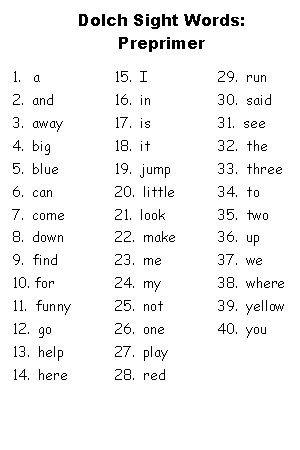
Parents should remember that it is at this age that the child has the first crisis, which they, as older and more experienced, must help to cope with.
Social and communicative development of children 3-4 years old
At this age it is important to teach the child:
- to say hello when meeting other children and adults;
- get to know peers;
- share and exchange;
- take part in joint games with other children;
- use fantasy in joint games;
- be able to tell about yourself: what is his name, what are the names of his parents;
- speak polite words and know the rules of behavior in society.
Intellectual development of a child at 3-4 years old
Starting from the age of three, a certain knowledge base is formed in the child, which he tries to apply. The kid is actively getting acquainted with the outside world and by his age should already know:
The kid is actively getting acquainted with the outside world and by his age should already know:
- the names and characteristics of 10 pets;
- 5-7 species of birds, be able to show them in the picture;
- 4-5 varieties of fish;
- 4-5 varieties of insects;
- names of the main plants growing in the region: up to 5 species of trees and flowers;
- names of vegetables, berries, fruits and mushrooms that grow in the region and are sold on the shelves;
- what is the difference between the characteristics of materials such as wood, glass, stone, plastic;
- times of day and their characteristics;
- the seasons and how they differ;
- natural phenomena;
- parts of the body, and be able to show them;
- 3-5 popular professions;
- up to 10 types of vehicles;
– what is the difference between a city and a village.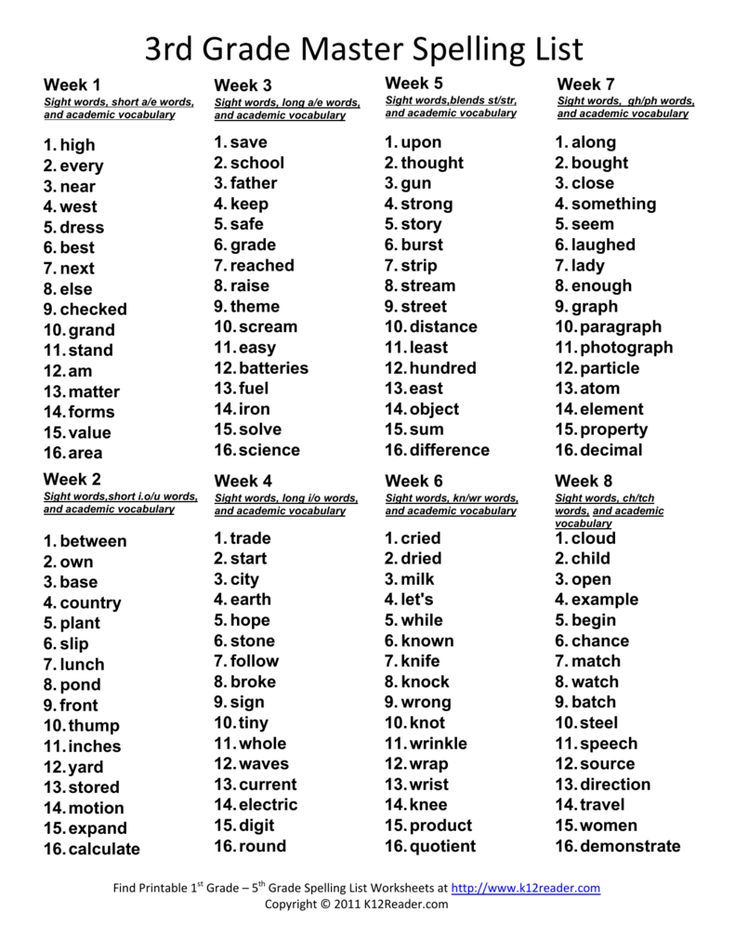
Logical and mathematical development of children 3-4 years old
Between the ages of three and four, basic logical operations and mathematical concepts improve. If a child is given enough attention, then at this age he can confidently:
- count to 10;
- name the primary colors;
- know geometric shapes;
- know the concepts more - less, many - few, high - low, etc.;
- compare objects according to 1-2 features;
– add pictures from fragments;
- find differences between similar pictures.
Parents should actively encourage children of this age to work independently by offering to complete certain tasks.
Speech development of children 3-4 years old
By the age of three, a baby should be able to:
- make simple phrases;
talk about recent events;
- use speech as a way of obtaining new information;
- retell a fairy tale based on illustrations;
- talk about yourself;
- try to change words by case.
By the age of four, a child must master the following skills:
– describe the seen image;
- quickly formulate one's thoughts;
- know the signs of objects;
- use verbs;
- repeat complex phrases after adults;
- give your first and last name;
- invent your own words, determine the meaning of incomprehensible words.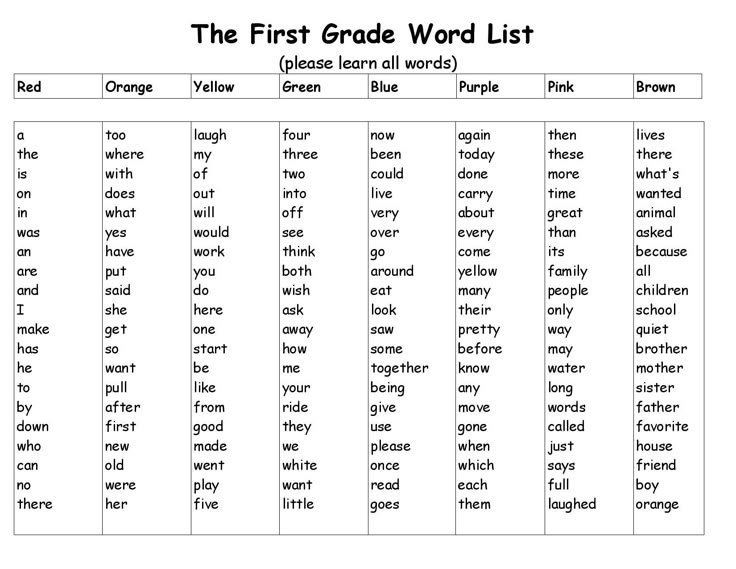
Artistic development of a child aged 3-4
The ability to express one's feelings through creativity plays an important role in the formation of a child's psyche. At the age of 3-4 years, it is desirable for a child to master the following types of creativity:
- drawing with pencils, finger paints, brushes, crayons, sponges, felt-tip pens;
- applications from colored paper, natural materials, cotton wool;
- molding from plasticine and clay;
- construction;
- cutting along the contour with children's scissors with round ends;
- origami - folding figures without the use of scissors and glue;
- in addition to classes aimed at developing creative potential, the child should be offered to develop knowledge in painting, music, and literature.


